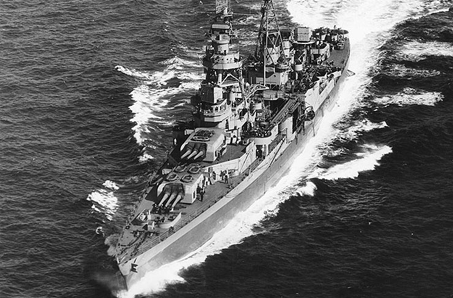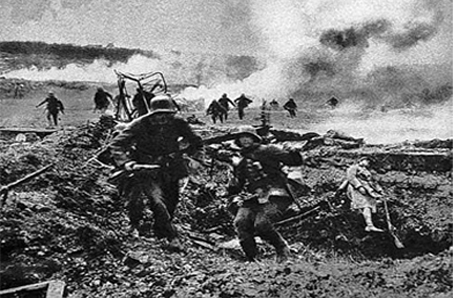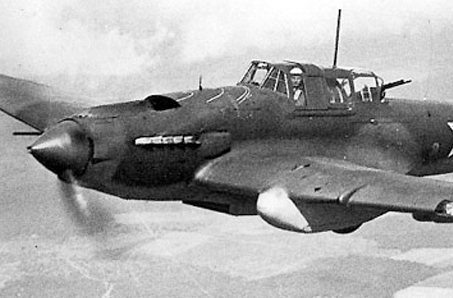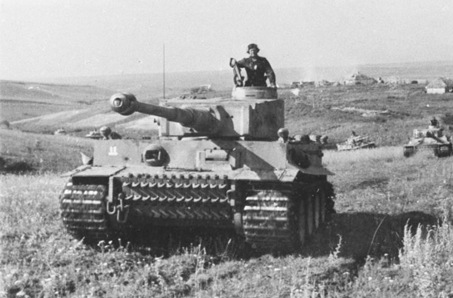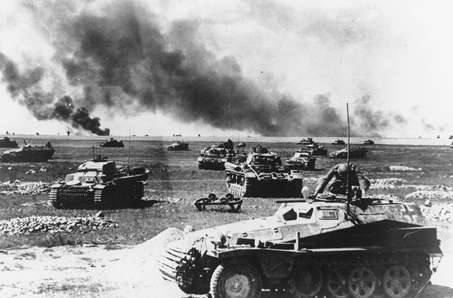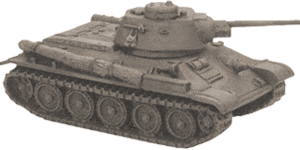“Mercatante knows the current literature on the German army as well as anyone… and offers a new interpretation of Operation Barbarossa (usually seen as the great German blunder of the war) as, in fact, Germany’s last and best hope actually to win the war. A book filled with fresh argumentation of this sort, should generate a fair amount of discussion and even controversy… I know I would pick up a book of this sort as soon as I saw it, and I am fairly certain that I will not be alone.”
Welcome!
Thoughtful contributions to the Globe at War are not just welcomed, but encouraged, including via; a community generated articles page, book and other media reviews, and much more. The Globe at War offers ample opportunities to learn about World War I, World War II, The Cold War, and the current wars for control over global resources and opinions.
The Globe at War features article submissions, book reviews and photo galleries that include short descriptions for each photograph posted as well as a regularly updated blog. In addition please enjoy our news feed; updated daily and focusing on international military affairs. Whether you are a student, teacher, academic, current or retired professional from a defense related field, or a military history buff, we look forward to your participation and welcome you to The Globe at War.
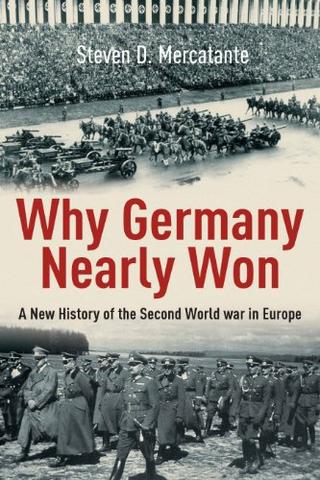
"Why Germany Nearly Won: A New History of the Second World War in Europe" is now available for purchase in the United Kingdom.
You may order the book through Amazon UK, Casemate, Foyles, and Waterstones.

